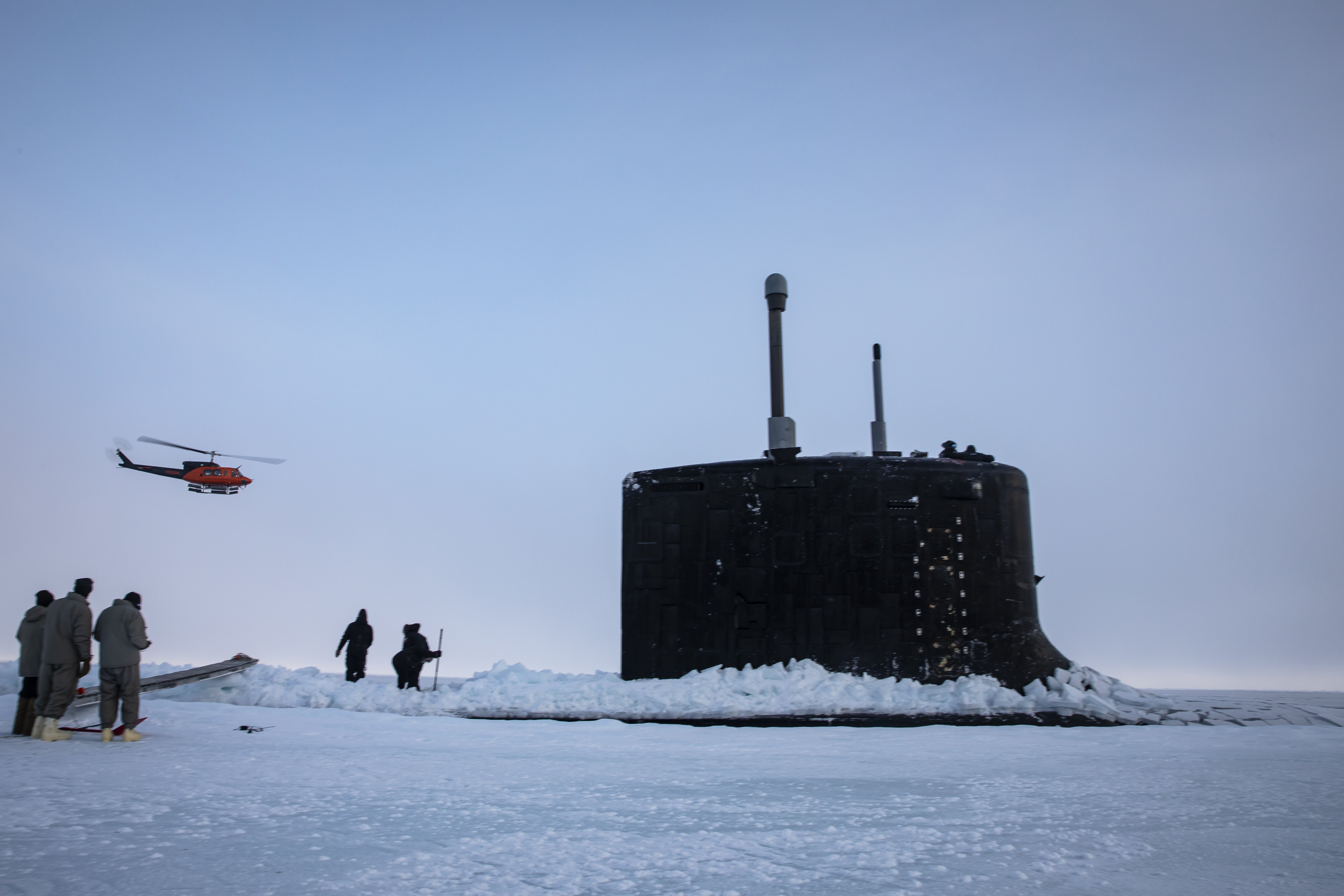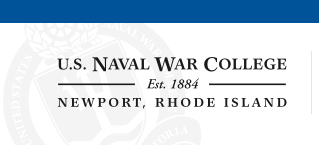
Newport Arctic Scholars Initiative
The U.S. Naval War College sponsors the Newport Arctic Scholars Initiative (NASI) to assess issues of current and critical importance to Arctic policy and provide policymakers with concrete judgments and recommendations. Diverse in backgrounds and perspectives, NASI scholars aim to reach meaningful consensus on findings and recommendations through private deliberations.
-

Report No.2: Integrated Naval Deterrence in the Arctic Region—Strategic Options for Enhancing Regional Naval Cooperation
Rachael Gosnell and Lars Saunes
Despite recent advances to strengthen regional deterrence cooperation, questions remain on the evolving role and posture of naval forces in the Arctic region, and what further steps can be taken. At the NASI 2022 seminar in Copenhagen, the Heads of Navy of the Arctic-Seven nations and Arctic stakeholders such as France and the United Kingdom asked the NASI 2023 cohort to provide an independent assessment of naval force posture, the trans-Arctic dimensions of national security policies in the context of a more contested “Blue Arctic” and critical dilemmas that regional senior defense and naval leaders could face at the strategic and operational levels. In particular, the NASI 2023 cohort was asked to focus on key challenges and opportunities for further developing bilateral and multilateral cooperation among naval forces to strengthen Integrated Naval Deterrence in the Arctic region.
-

Report No.1: Conflict Prevention and Security Cooperation in the Arctic Region—Frameworks of the Future
Walter Berbrick and Lars Saunes
The Arctic region, defined in this report to include the Arctic Ocean and land masses north of the Arctic Circle (approximately 66 degrees’ north latitude), has certainly seen its share of conflict. Compared to other regions, inhospitable conditions and lack of maritime access has prevented large scale deployment of forces. In this vast space — stretching from Europe to the Pacific Island chains — the foundations of commerce and security are established through sea, air, and rail links. The region relies on secure supply chain connectivity and sustainable development that is implemented in a transparent and equitable way. As fears of a new cold war brew, however, the guarantors of that international order such as the Arctic Council and Arctic Coast Guard Forum, to name a few, may be not be sufficient to ensure security and dialogue in the region.

